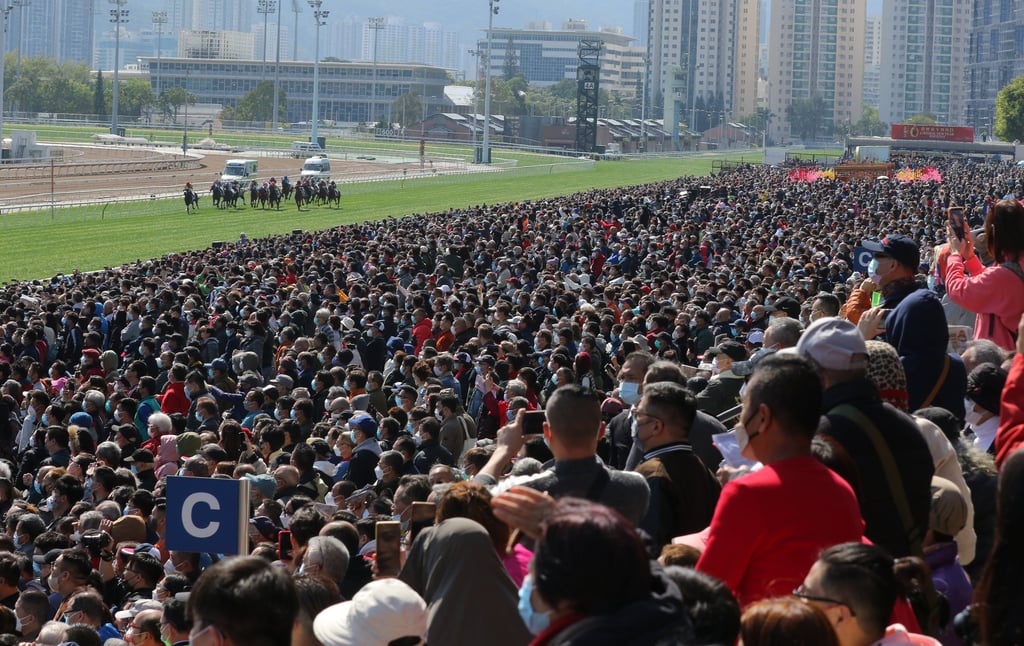Why did Beijing’s point man for Hong Kong zoom in on the economy? It’s a bid to de-emphasise political squabbles, analysts say, as Xia Baolong continues charm offensive during visit
- Beijing’s top official for Hong Kong affairs urges residents to enjoy ‘horse racing, dancing, speculating on stocks and making big money’
- Organisers consider scaling back rally but deny it is because of Xia’s remark about protests not being only way to express interests

The greater emphasis on development opportunities, they said, was a signal that the central government hoped to get the city’s residents to put aside political acrimony and focus on reviving an economy that had yet to fully shake off the effects of the pandemic.
Even though the event he spoke at was to mark National Security Education Day, Xia did not dwell at length on security threats and instead spent a major portion of his address urging the city to focus on achieving new economic ambitions.

“I hope that Hong Kong will hold conventions and exhibitions every day, engage in innovation and technology, and fight for the economy,” he said on Saturday, quipping to a 1,000-strong audience that they should also enjoy “horse racing, dancing, speculating on stocks and making big money”.